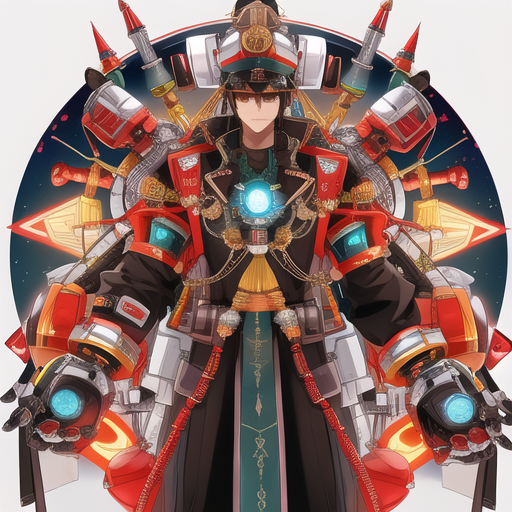The Rise of PolyStack Engineer

Introduction:
As technology advances at an unprecedented pace, the role of computer science engineers is undergoing a transformation. While AI is poised to revolutionize the field, certain changes are inevitable. In this blog post, we will explore how the emergence of AI will reshape the skillset required for computer science engineers, the expanding scope of applications, and the increasing importance of becoming a generalist. We will also delve into the concept of a “PolyStack Engineer” and its potential in the future of technology.
Expanding Horizons and the Need for Horizontal Depth:
The integration of AI into computer science has opened up vast possibilities beyond traditional screens and interfaces. Today, electronic devices, IoT, web development, and DevOps converge to create a new technological landscape. As a result, computer science engineers must broaden their understanding across multiple domains to navigate this dynamic ecosystem effectively. They need a deeper, more horizontal understanding of various technologies to work with both legacy systems and new tools. Linux, with its central theme surrounded by an extensive ecosystem, serves as a prime example.
The Edge of Generalists with AI Assistance:
While specialization has its merits, the evolving technology landscape calls for a more versatile skill set. Generalists, equipped with a broad knowledge base, can adapt quickly to emerging technologies and leverage AI tools effectively. Full Stack Engineers, who possess expertise in both front-end and back-end languages and tools, are highly sought-after in today’s tech industry. With the aid of AI, these professionals can harness its capabilities to guide the creation of complex systems, enabling them to excel in their roles.
The Multifaceted Role of DevOps Engineers:
DevOps engineers play a pivotal role in technology projects, overseeing business requirements, development, and operations. They possess a bird’s-eye view of the entire project, making them invaluable contributors. Staying updated with the rapid adoption of new tools and techniques has become a formidable task, especially since the pandemic accelerated the pace of change. The market often creates hype cycles, pressuring clients to incorporate new technologies, anticipating exponential returns or market capture. DevOps engineers need to navigate these cycles efficiently to maintain their effectiveness.
Future Requirements for Computer Science Engineers:
Considering the evolving demands of the tech industry, the requirements for computer science engineers are expected to change. The future holds a demand for professionals who possess comprehensive knowledge, from transistors to web browsers. The true full stack engineer will need to master hardware description languages (HDL), CPU design (ARM/RISC V), FPGA, Linux, web assembly, low-level and a high-level languages. Such engineers will be capable of designing and developing applications for IoT, web, and various other devices. Domain expertise can be acquired based on the specific problem at hand, with AI serving as a valuable assistant for engineers working across different paradigms.
Introducing the PolyStack Engineer Curriculum:
Recognizing the need for a comprehensive skill set in the AI-powered future, a new curriculum is proposed: the “PolyStack Engineer.” This curriculum will emphasize a horizontal depth of knowledge, covering diverse domains and technologies. It will equip engineers with the necessary expertise to excel in their roles, adapt to emerging trends, and leverage AI as a valuable tool. The PolyStack Engineer will possess the agility to work on complex projects and address multifaceted challenges, making them indispensable in the technology industry.
Conclusion:
The integration of AI into computer science engineering promises both exciting opportunities and transformative changes. As technology continues to advance, computer science engineers must embrace a broader skill set, becoming generalists equipped with a comprehensive understanding of various domains. The rise of the PolyStack Engineer signifies the evolving requirements in the field, highlighting the need for horizontal depth, adaptability, and the ability to leverage AI tools effectively. By preparing for these changes, computer science engineers can position themselves at the forefront of the AI-powered future and contribute to groundbreaking innovations in the industry.